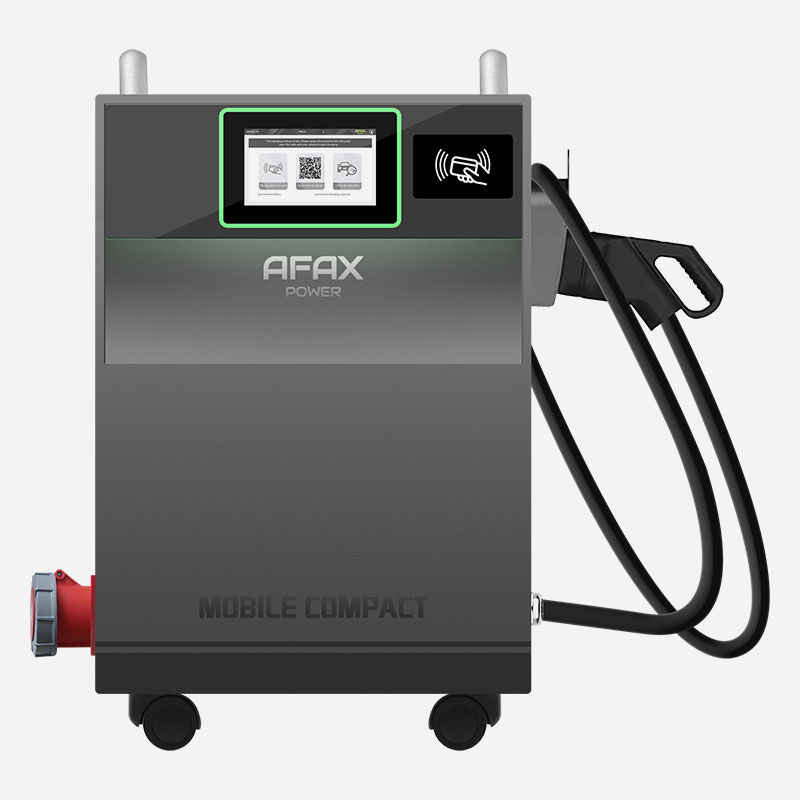New Energy Vehicles: A Growing Trend in These Countries
- AFAX POWER

- Feb 3, 2023
- 2 min read
Introduction
With the rise of environmental concerns and the need to move towards sustainable transportation, New Energy Vehicles (NEVs) have become a popular alternative to traditional gasoline-powered cars. NEVs are vehicles that use alternative fuels, such as electric power, fuel cells, or hybrid systems, to power their engines. In recent years, several countries have taken the lead in promoting and adopting NEVs as a means of reducing carbon emissions and improving air quality. In this blog post, we will explore the growing trend of NEVs in three countries: China, Norway, and the Netherlands.
China

China is currently the world's largest market for NEVs, with over one million sold in 2018 alone. The Chinese government has been actively promoting NEVs as a means of reducing pollution and encouraging technological innovation. In 2019, China extended subsidies for NEVs and exempted them from purchase tax. These incentives have led to a surge in demand for NEVs, with sales increasing by 62% in 2020. China has also been investing heavily in building charging infrastructure, with over 1.4 million charging points installed across the country. With the government's continued support and investment, it is expected that NEVs will continue to grow in popularity in China.
Norway
Norway has the highest market share of NEVs in the world, with over 50% of all new car sales being electric or hybrid vehicles. The Norwegian government has implemented several policies to promote NEVs, including tax exemptions, toll-free travel, and free parking. These incentives, coupled with the country's abundant renewable energy sources, have made electric cars an attractive option for Norwegian consumers. In 2020, the best-selling car in Norway was the all-electric Audi e-tron. The Norwegian government has set a target of having all new cars sold be zero-emission by 2025, which will further drive the adoption of NEVs in the country.
The Netherlands
The Netherlands has been actively promoting NEVs since 2010, with the implementation of tax incentives, subsidies, and exemptions for electric cars. In 2019, the Dutch government announced a plan to phase out all gasoline and diesel vehicles by 2030, with a goal of having only zero-emission vehicles on the road by 2050. As of 2020, electric cars make up 9.7% of all new car sales in the Netherlands. The country also has an extensive charging infrastructure, with over 60,000 public charging points. The Dutch government has set a target of having 1.9 million NEVs on the road by 2030, which will require a significant increase in adoption over the next decade. https://www.afaxpower.com/contact
Conclusion
NEVs are quickly becoming a popular alternative to traditional gasoline-powered cars, with several countries promoting and adopting them as a means of reducing carbon emissions and improving air quality. China, Norway, and the Netherlands have been at the forefront of this trend, implementing policies and incentives to encourage the adoption of NEVs. With increased investment in charging infrastructure, continued government support, and consumer demand, it is expected that NEVs will continue to grow in popularity in these countries and beyond.





Comments